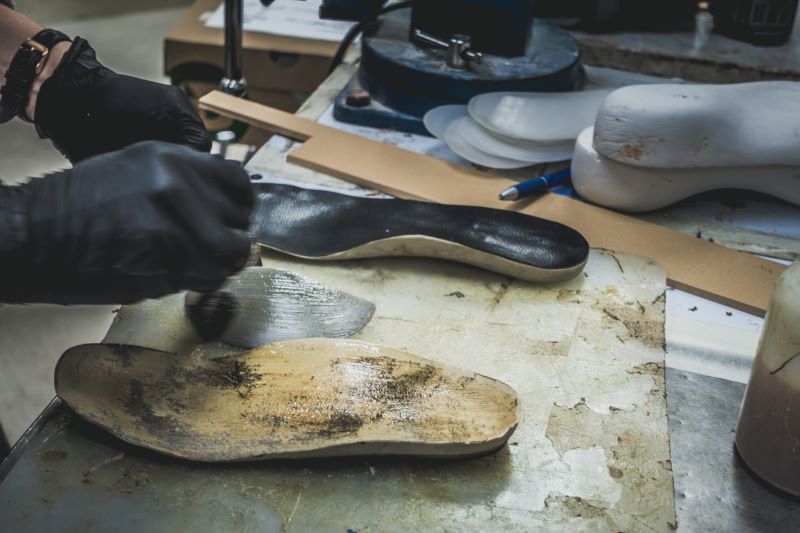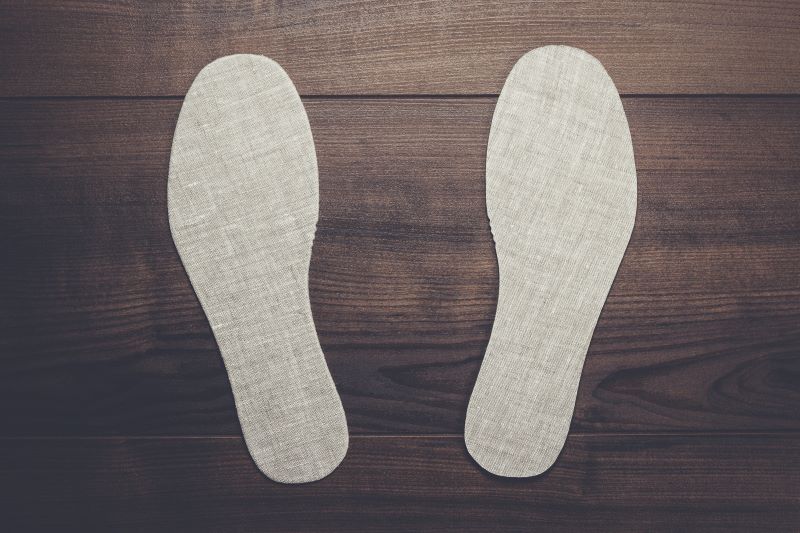Many people all over the world are currently using, looking at using, or are likely to need orthotics in the future. Orthotics help users lead more healthy, pain-free, active lives and maintain a high quality of life. However, before beginning to use or in the early stages of using orthotics, you may wonder about the cost considerations and if orthotics are covered by insurance. Although some health plans can help you pay for these supports, braces, and other devices, other plans do not. In this article, we’ll discuss if orthotics are covered by insurance and some ways to get orthotics covered by insurance.
What Are Orthotics?
Before addressing insurance coverage for orthotics, it’s helpful to know more about these medical devices. Many people believe the term “orthotics” refers to shoe inserts. However, according to BlueCross BlueShield, orthotic refers to a semi-rigid or rigid device used to protect a body function, align, support, correct, or prevent deformities, help a dysfunctional joint, or improve the functionality of moving body parts. You can also use orthotics to restrict, redirect, or prevent the motion of an impaired body part. So, a shoe insert is only one of many different examples of what an orthotic is and what its function can be.
Some other common examples of orthotics are orthopedic, orthotic, or therapeutic shoes, footpads, splints, and splint systems that assist parts of the body in different ways, and leg, back, shoulder, arm, or neck braces. Some people also mistakenly believe artificial eyes, limbs, and organs fall under the category of orthotics. However, only shoe inserts, footpads, braces, and shoes traditionally fall under the category of orthotics. Knowing what items define orthotics can help you know how orthotics function and if you could benefit greatly from these medical devices.
 Insurance Coverage for Orthotics
Insurance Coverage for Orthotics
It may be surprising to many people to learn that not all insurance plans cover orthotics. Many people use orthotics regularly or may need orthotics at some point, so you might assume that health coverage for orthotics is similarly widespread. Also, many health plans cover prosthetics, which are different from orthotics, but similar enough to lead one to believe that health plans covering one also cover the other. However, many plans do not cover orthotics. So, which plans cover these medical devices and which do not?
How health insurance coverage works for orthotics differs somewhat depending on your given health care plan. Some health plans will not help you pay for orthopedic devices such as shoe inserts and footpads. Other plans can offer you some financial assistance, especially in cases where your health care provider prescribes you an arm, neck, back, leg brace, or orthotic shoes. Some health plans cover these types of products better than other plans. Whether you can rely on health insurance to help pay for the orthotics you need and could benefit from depends on the type of plan you have. It’s also hard to know how employer health care will treat orthotics.
 Employer or Job-Based Policies Regarding Orthotics
Employer or Job-Based Policies Regarding Orthotics
There are many different job-based healthcare plans out there now. The small amount of information available on the subject suggests that most of these plans are a way to get orthotics covered by insurance. One survey found that 70 percent of small, private employer plans from companies with between 100 and 499 employees cover customized bracing, and 75 percent of employer plans from companies with 5,000 or more employees also cover these. So, do these same plans also cover other types of orthotics?
Whether you recently changed jobs or the open enrollment period for your current job’s healthcare is about to start, it can be beneficial to research whether the given plan covers any durable medical equipment and other durable goods. This is the section of health plans that covers orthotics. However, it may not specifically mention orthotic insoles and other orthotics. There may also be a copayment or coinsurance charge for the orthotics your health care provider recommends or prescribes. This charge is a common aspect of many health insurance plans.
Marketplace Policies Regarding Orthotics
Coverage from the Affordable Care Act can also differ in helping you pay for orthotics or not. The ACA requires health plans to cover 10 specific categories of essential health. One category is “habilitative or rehabilitative services and devices.” According to healthcare.gov, habilitative and rehabilitative services and devices serve to help individuals with disabilities, injuries, or chronic conditions recover or gain physical and mental skills. Many orthotics fit this definition. However, states can differ on this point, making it difficult to find a marketplace policy that covers orthotics. With employer plans, at least one marketplace plan likely pays for orthotics.
 How to Know if You Need Orthotics
How to Know if You Need Orthotics
Orthotics provide worthwhile pain relief, support, and recovery and there are various options and considerations for how to get orthotics covered by insurance, but another important consideration is how to know if you need orthotics. Whether your physician deems orthotics medically necessary can impact insurance options and coverage. Orthotics provide impactful treatment for flat feet and fallen arches, as well as bunions, ankle pain, heel pain, low or high arches, and plantar fasciitis. Conditions such as plantar fasciitis can grow worse, making orthotics a highly-impactful treatment option.
You may need orthotics if your pain becomes more severe with time and other more conservative treatment options fail to provide effective relief. For more severe conditions, or if insurance options make orthotics and regular medical costs less sustainable, surgery may be another effective option to bring lasting relief.
Receiving Coverage for Orthotics
While it can be difficult to find coverage for orthotics, many plans do support the payment of orthotics, especially employer plans or if your health care provider deems orthotics medically necessary for you. Researching the available plans can make things easier, as well as contacting the insurance companies directly. For more clarity and support regarding orthotics, reach out to the Foot & Ankle Specialists of Illinois today.

